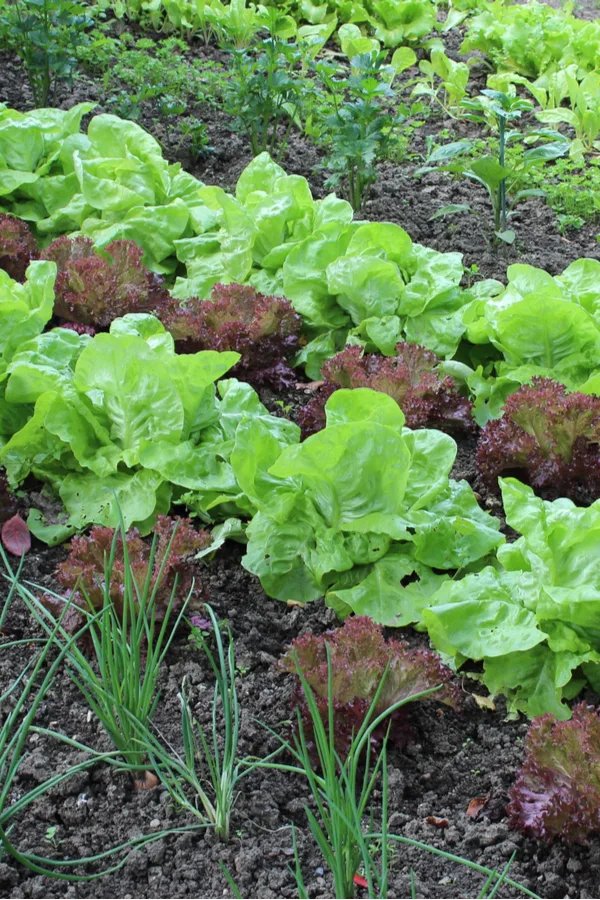Best Fertilizers for Peppers: Explore Our Leading 10 Referrals
Nourishing Your Peppers to Perfection: Deciphering the Secrets Behind the Finest Fertilizers for Optimum Crop Health
In this write-up, we'll uncover the secrets behind the finest fertilizers to achieve optimum plant wellness. From comprehending the relevance of soil nutrients to mastering the application methods, we'll guide you every action of the way. Whether you prefer organic or artificial plant foods, we've got you covered.
Value of Soil Nutrients

One of one of the most vital dirt nutrients is nitrogen. Nitrogen is responsible for promoting fallen leave and stem growth. It is vital for the manufacturing of chlorophyll, which is required for photosynthesis. Without adequate nitrogen, plants will have yellowing fallen leaves and lowered total vigor.
Phosphorus is one more essential nutrient for plant development. It plays a vital duty in energy transfer and is required for the growth of solid roots and flowers. Phosphorus shortage can cause inadequate root growth and lowered blooming, ultimately impacting crop return.
Potassium is essential for controling water uptake and enhancing plant resistance to parasites and conditions. It also adds to the general high quality and preference of the crops. An absence of potassium can result in weak stems, inadequate fruit advancement, and boosted susceptibility to illness.
Along with these main nutrients, plants also need additional nutrients like calcium, magnesium, and sulfur, along with micronutrients like iron, manganese, and zinc. Each nutrient has a details feature in plant development and advancement, and a shortage in any one of them can have destructive results on plant wellness.
Understanding NPK Ratios

The NPK ratio is a representation of the percentage of these three nutrients in a plant food. A fertilizer with an NPK proportion of 10-10-10 consists of equal amounts of potassium, nitrogen, and phosphorus.
However, it is necessary to note that the exact NPK ratio needed might vary depending on aspects such as soil type, environment, and certain plant requirements. Conducting a soil examination can aid establish the nutrient deficiencies or unwanteds in your soil and overview you in picking the appropriate fertilizer with the proper NPK proportion.
Organic Vs. Synthetic Fertilizers
You frequently run into the dispute in between organic and artificial fertilizers when it involves nourishing your peppers for optimal plant wellness. Organic fertilizers are acquired from natural sources such as compost, manure, and bone dish. They supply nutrients in a slow-release form, allowing your plants to absorb them progressively over time. Organic fertilizers additionally enhance view dirt framework and fertility, advertising valuable microbial activity. Furthermore, they are environmentally friendly and do not have dangerous chemicals that can leach right into groundwater or injury helpful insects and wildlife.
On the various other hand, artificial fertilizers are manufactured chemically and supply nutrients in a readily available kind. Synthetic fertilizers can additionally lead to nutrition imbalances and dirt destruction if made use of exceedingly or incorrectly.
Organic plant foods supply lasting soil wellness advantages and are more sustainable in the long run, however they may not offer prompt outcomes. Artificial plant foods, on the various other hand, can supply fast nutrients yet may have adverse ecological impacts.
Ideal Fertilizer Application Techniques
Continuing the conversation on artificial and organic fertilizers, let's check out the most reliable techniques for applying fertilizers to your peppers. Proper fertilizer application is essential for maximizing crop wellness and return. The primary step is to establish the nutrient requirements of your peppers. Conduct a dirt test to identify any deficiencies or imbalances in the soil. This will certainly help you select the ideal fertilizer and application rate.
For granular plant foods, broadcast them uniformly over the soil surface. Make use of a spreader to ensure consistent distribution. After spreading out, gently rake the fertilizer into the top layer of soil to prevent overflow and boost absorption. Water the location completely to assist the nutrients penetrate the origin area.
Foliar splashing involves splashing the plant food straight onto the fallen leaves. When using the watering system, dilute the liquid plant food according to the producer's instructions and use it evenly to the dirt.
Bear in mind to follow the advised application prices to stay clear of over-fertilization, which can harm your peppers. Routine monitoring and adjusting of plant food application is essential throughout the expanding period. By applying fertilizers appropriately, you can Visit This Link provide your peppers with the vital nutrients they require for healthy and balanced growth and abundant harvest.
Supplementing With Trace Elements
To ensure ideal crop health and yield, it is very important to supplement your peppers with necessary trace elements. Micronutrients are important for the overall growth and advancement of your plants, as they play an important role in numerous physical procedures. These nutrients are required in tiny amounts, but their absence can severely impact the health and wellness and productivity of your pepper plants.
Without sufficient iron, your pepper plants might develop yellow fallen leaves, stunted development, and decreased fruit manufacturing. You can provide your peppers with iron with foliar sprays or dirt applications of iron chelates, which are easily available in yard centers.
Another micronutrient that plays an important role in pepper development is zinc. You can supply your peppers with zinc via the use of zinc sulfate or zinc chelates, either as a foliar spray or dirt application.
Along with iron and zinc, other crucial trace elements for peppers consist of manganese, boron, molybdenum, and copper. These trace elements are associated with various metabolic procedures and are necessary for ideal pepper growth and performance. best fertilizers for peppers. It is very important to frequently check the nutrient levels in your dirt and plants, and make changes as necessary to guarantee your peppers get the necessary trace elements for healthy growth and bountiful yields
Conclusion
In verdict, selecting the right plant food and using it correctly is critical for the health and wellness and productivity of your pepper plants. Recognizing the value of dirt nutrients, NPK ratios, and the differences in between synthetic and organic fertilizers is crucial.
On the other hand, synthetic plant foods are manufactured chemically and supply nutrients in a conveniently available kind. Synthetic fertilizers can also lead to nutrition inequalities and dirt destruction if utilized excessively or incorrectly.Proceeding the discussion on organic and synthetic plant foods, allow's check out the most reliable strategies for using fertilizers to your peppers. By using plant foods appropriately, you can offer your peppers with the vital nutrients they need for healthy growth and bountiful harvest.
Understanding the importance of soil nutrients, NPK proportions, and the distinctions between natural and explanation synthetic fertilizers is essential.